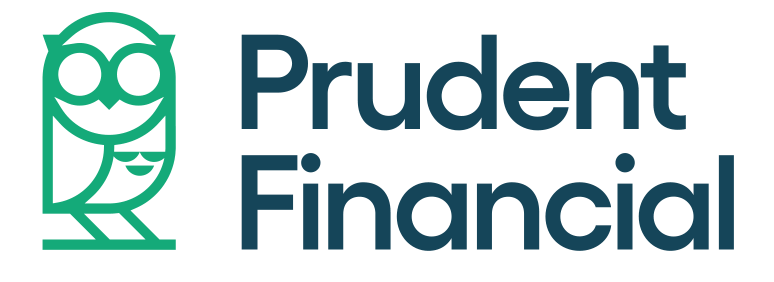
The Bank of Canada (BOC) is maintaining the Canadian interest rate for another month.

On September 4, 2019, the BOC announced that they are keeping the overnight interest rate at 1.75% — the same rate it has been since October of 2018.
Economic Uncertainty
Some factors that went into the decision to hold rates included:
- Trade conflict between the U.S. and China.
- Global trade uncertainty.
- Weakened business investments.
Economic Stability
On the other hand, the BOC reported that the Canadian economy is doing well thanks to stronger energy production and export growth.
The Canadian housing market is also showing signs of growth and wages are up.
But is this a good thing?
What This Means for Consumer Debt
There were a few items in the September 4 announcement that flagged potential consumer debt issues.
1. Wages are up but consumption spending is down.
In short, Canadians are earning more but spending less. What could be causing this?
While it’s possible that Canadians are simply putting more money aside, there are also reports that indicate people may be putting it all towards their current bills and budgeting.
The total number of Canadian insolvencies has gone up between the second quarter of 2018 and 2019. And TransUnion recently reported that the total amount of Canadian debt rose by 4.3% over the past year.
What this means for you:
If your debt payments are eating up most of your budget there are solutions available. Filing for insolvency – consumer proposal or bankruptcy – is one, but you might also consider debt consolidation loans, credit counselling, and mortgage refinancing.
If you have already filed for insolvency, you can also work to rebuild credit faster. You might eligible for a bankruptcy or proposal loan. Learn more: https://www.prudentfinancial.net/bankruptcy-and-proposal-loans/
2. The Canadian housing market is getting stronger, but that could be dangerous for consumer debt.
The BOC stated:
“Housing activity has regained strength more quickly than expected as resales and housing starts catch up to underlying demand, supported by lower mortgage rates. This could add to already-high household debt levels, although mortgage underwriting rules should help to contain the buildup of vulnerabilities.”
In essence, more people may be able to enter the housing market, but if you’re already in debt it could make your financial situation worse.
What this means for you:
Again, it’s important to take a holistic view of your financial situation – particularly if you are hoping to enter the housing market for the first time or refinance your mortgage.
Make a plan to deal with outstanding debt now.
If mortgage underwriting rules, like the mortgage stress test, is a barrier, you might also consider alternative mortgage lenders (like Prudent Mortgage Corp.!). Learn more: https://www.prudentfinancial.net/prudent-mortgage-corp/
3. The Canadian economy is uncertain… but that means this is the perfect time to plan for the future.
With interest rates on hold for almost a year now, the time is ripe to deal with outstanding debt and repair credit.
If the global economy bounces back and interest rates increase again, you won’t want to be left with high-interest debt.
What this means for you:
If you aren’t eligible for a traditional bank loan, you might consider an equity loan! Learn more: https://www.prudentfinancial.net/bad-credit-personal-loans/
The next BOC announcement is scheduled for October 30, 2019. Read the full text of the September 4 release here: https://www.bankofcanada.ca/2019/09/fad-press-release-2019-09-04/
Prudent Financial helps to rehabilitate credit for discharged and undischarged bankrupts, people with proposals almost paid off, and people with bad credit histories. We will help you make a plan to get through any interest rate increases, decreases, or economic changes.
Contact us today for a free consultation. Call 1-888-852-7647 or visit www.prudentfinancial.net.
